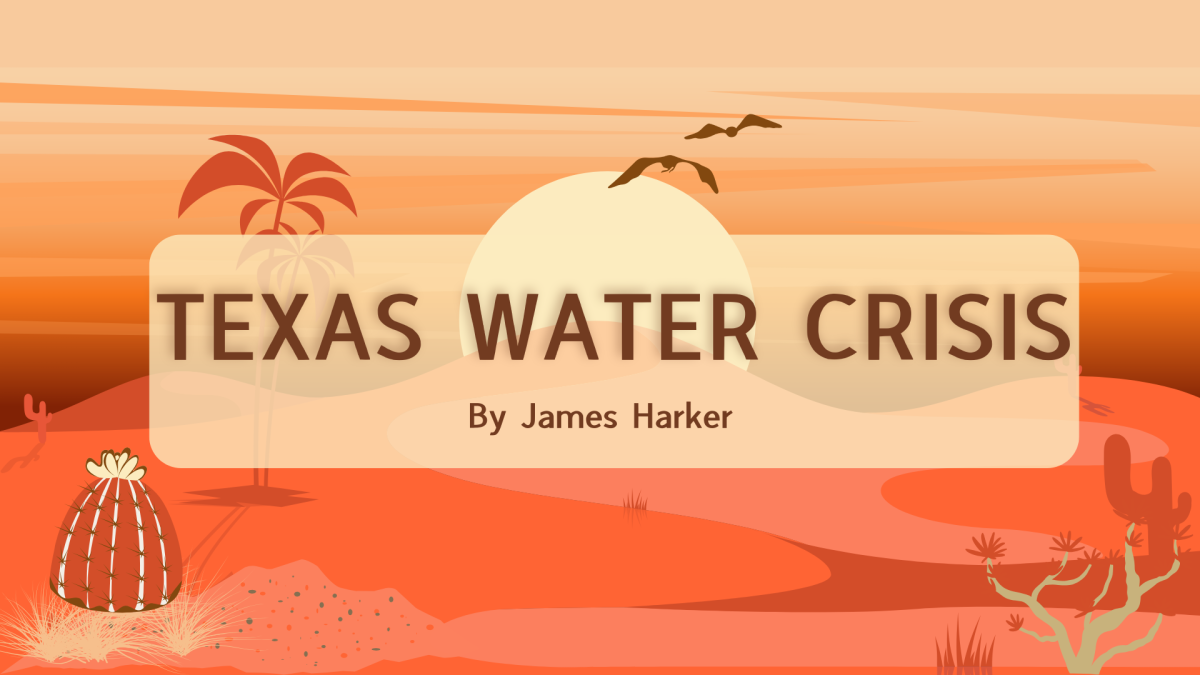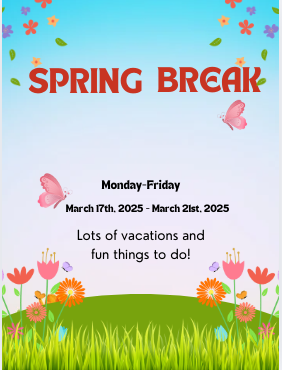New Year’s Resolutions: Why are they important?
Now that we have begun a new year, it is a common practice to set New Year’s resolutions. The thing is that most people never follow through on these promises. So why do we even have these if we are going to break them, and what can we do about it?
The history
The ancient Babylonians were said to be the first people to make New Year’s resolutions. They were also the first to have recorded celebrations in honor of the new year. The difference was that for them, the new year began in the middle of March instead of January because that’s when the crops were planted. They held a massive ceremony to crown their new king to make a promise to repay their debts and give back anything they borrowed to the gods. Those promises could be the start of the tradition that is still alive today.
A similar practice occurred in ancient Rome after the more open-minded emperor Julius Caesar changed up the calendar to establish January 1, which was the beginning of the new year in 46 B.C. January was named for the two-faced god Janus, who had special significance in Rome. They believed that Janus symbolized looking back into the previous year and ahead into the future. The Romans offered sacrifices and made promises of ethical conduct for the coming year as their promise.
For early Christians, Jan.1 was a day of thinking about one’s past mistakes and promises to do better in the future. In 1740, the English clergyman John Wesley, founder of Methodism, created the Covenant Renewal Service, held mainly on New Year’s Eve or New Year’s Day. This included readings from Scriptures and hymn singing. This served as a spiritual alternative to celebrate the new year. Still popular, people watch night services held on New Year’s Eve are often spent praying and making resolutions for the coming year.
Now, in 2020, New Year’s Eve in America is usually spent at a party with the TV set to the countdown in New York, and a bottle of sparkling cider or champagne popped as soon as it’s midnight. We like to celebrate with our friends and family, staying up later than we should.
Differences
Whether this holiday is spent counting down the seconds till midnight or staying up all night with friends, this is popular to celebrate in America. If you spend this day praying or making promises, the tradition of this has been rooted in resolutions. Only time will tell if they are kept. The five most popular resolutions are exercising (19.7%), losing weight (18.3%), saving money (14.8%), eat healthier (11.9%), and self-care (5.5%).
But what about kids having resolutions for 2020? Should they be concerned with something that is primarily done by adults? Eating healthy or trying to get outside more could be put in with getting better grades and being a better member of your family. In my opinion, this is a good start. Instead of saying you want better grades, you could find a solution. This is something that is practiced when setting a goal in general. This year I want to get better grades. I am going to go to tutoring, study effectively, and finish all my homework right after coming home. Or you could even set a time and day to be more specific. When you do this, you make it more likely to follow through. Those pesky resolutions that you never do could turn into something that helps you every day.
The Key
These resolutions are a good start, but being specific is vital. The history of promises and new goals is something that makes you think that these traditions we have are for a reason. Goal setting and resolutions are created so that we can look back into the past while also considering your future; for the most part, we can push ourselves much farther than we thought we could. And because of this, we can reach the goals that we set.

Hadley loves to do ballet. She also loves writing and hopes to become a journalist when she is older. Her hobbies include baking with her amazing friends,...























